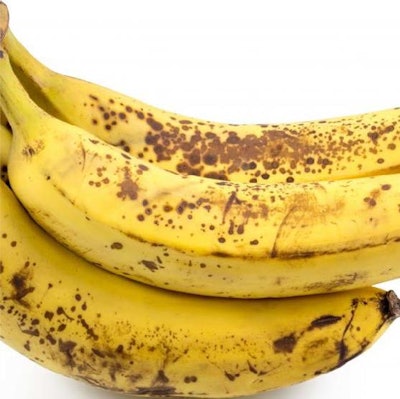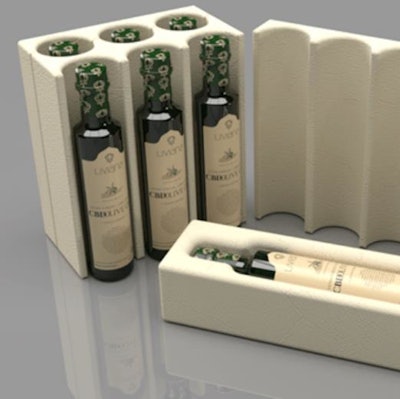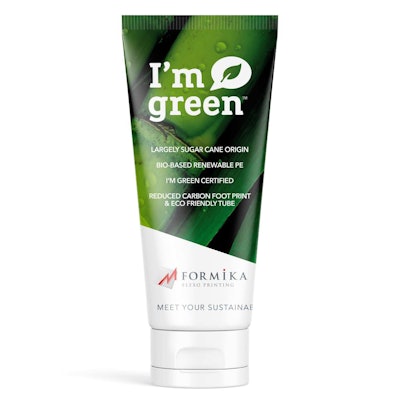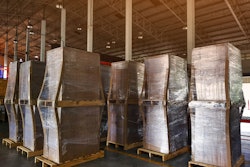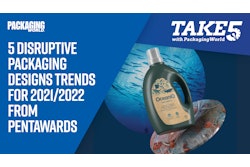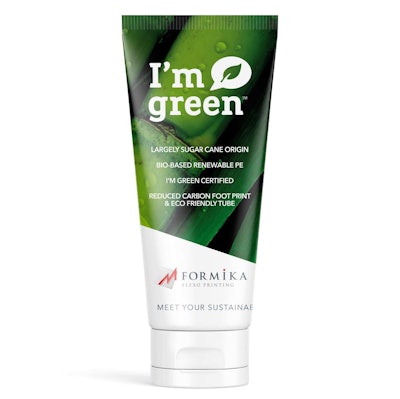
Without established industrial composting systems in place in most markets, the compostable sector is at a turning point. Mass adoption will only really occur when the infrastructure to deal with the packaging is in place. Home compostability is still relatively niche with most consumers not having the space or the will to participate. There are also concerns about compostable and biodegradable packaging contaminating existing recycling waste streams. Cost is also a significant barrier with the packaging sometimes costing brands and retailers three to four times the price of conventional plastic-based products. That is a substantial investment for a brand or retailer when compostable packaging's full benefits are still to be fully understood. We have yet to see many big brand examples introduced with the majority being small challenger brands looking for a sustainable point of difference. The bio-based packaging sector continues to expand at pace.
Learn more about ThePackHub's Innovation Zone here.
Pharma Blister Packs Launched Made from Bio-Based Plastic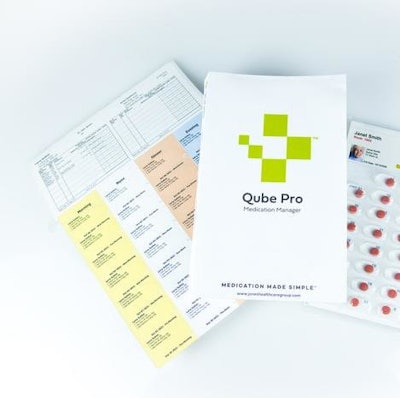 Jones Healthcare Group bio-based pharma blister packsThePackHub
Jones Healthcare Group bio-based pharma blister packsThePackHub
Canadian pharmaceutical brand Jones Healthcare Group has announced that it is launching three new blister packs made from bio-plastic. They are claimed to be the first packs in North America to be manufactured using a bioplastic material. The new products called the Qube Pro, FlexRx One and the FlexRx Reseal will be made using good natured® Bio-PET, who are based in Vancouver. Bio-PET is a medically approved bioplastic made from plant-based components. The new packs are intended to help pharmacies reduce their environmental footprints. The new blister packs also have foil-free backings in order to aid recycling. The packs are designed to give a better quality of seal and to be more efficient in automated, semi-automated and manual filling operations. It is said to take half as much time to seal as other comparable solutions on the market. They will be available at pharmacies shortly.
 | Read this story on the Qube blister packs. |
